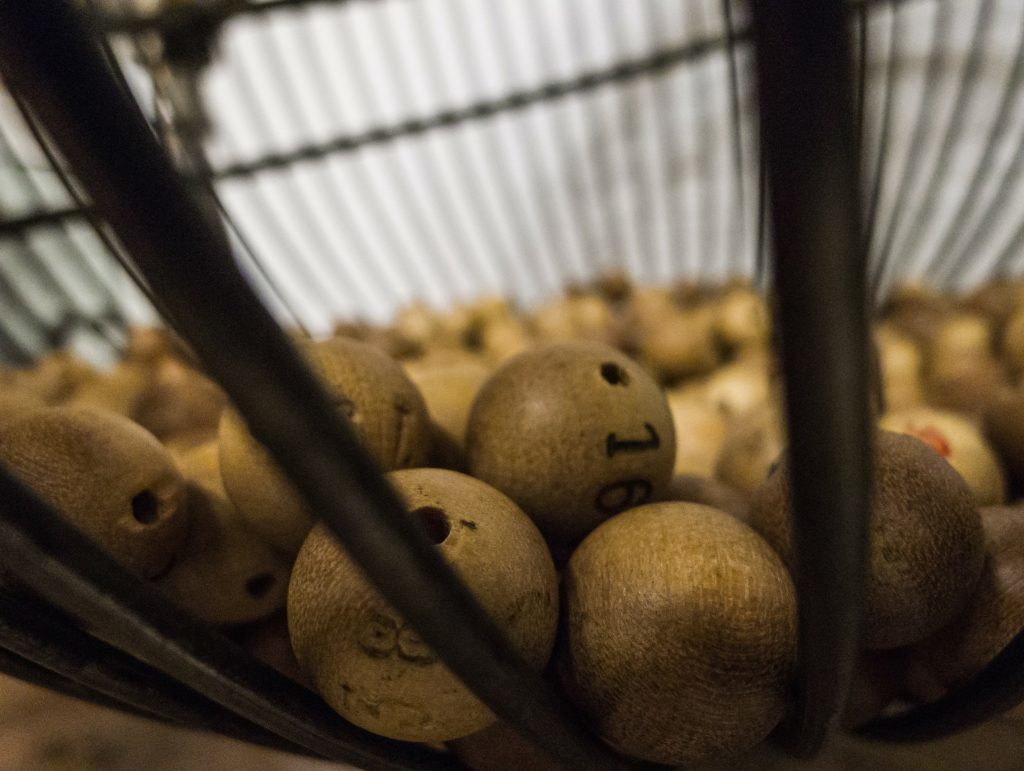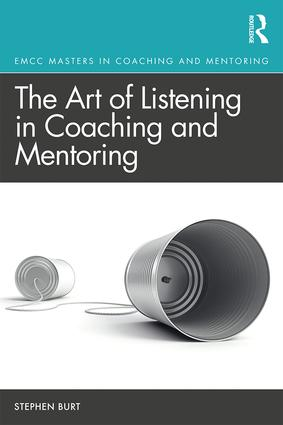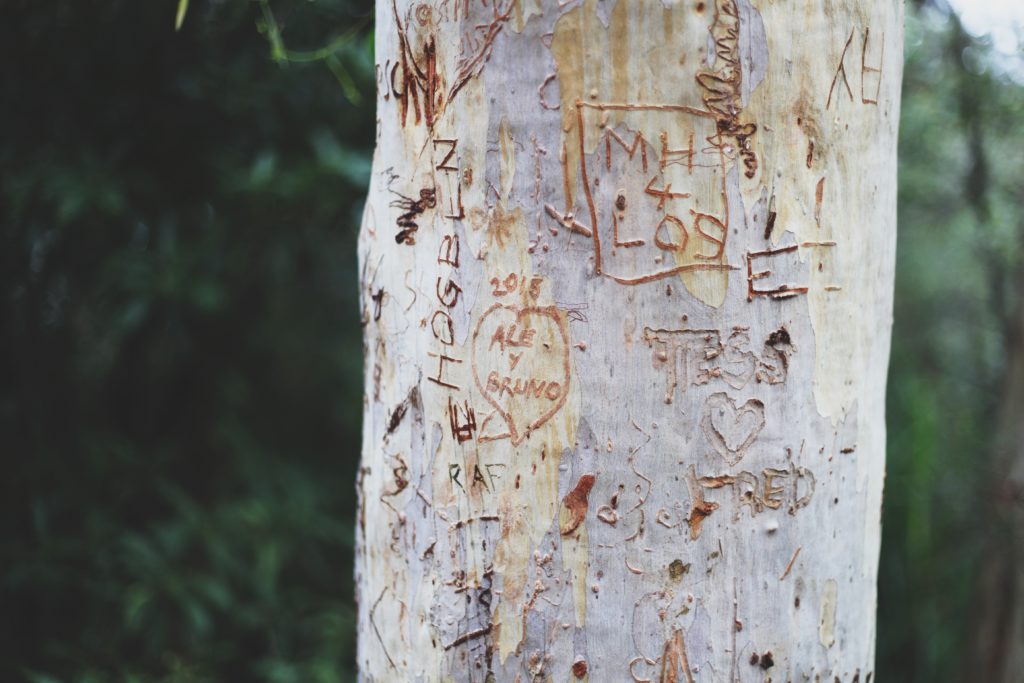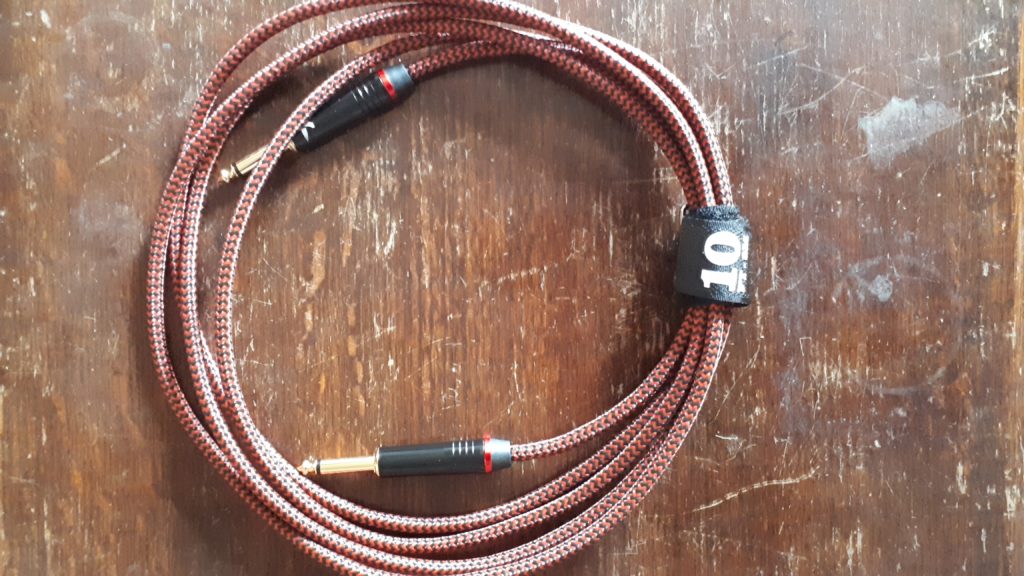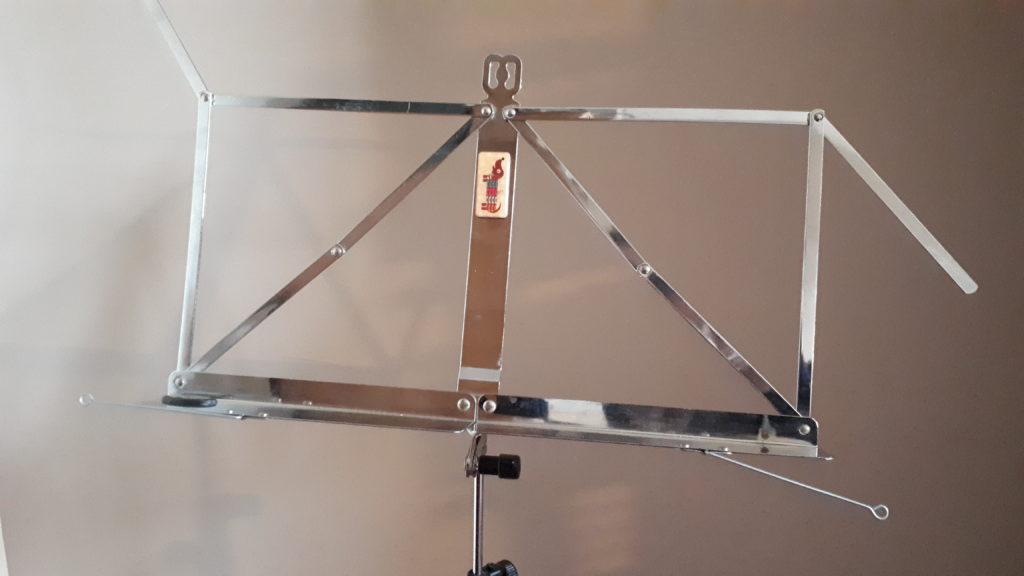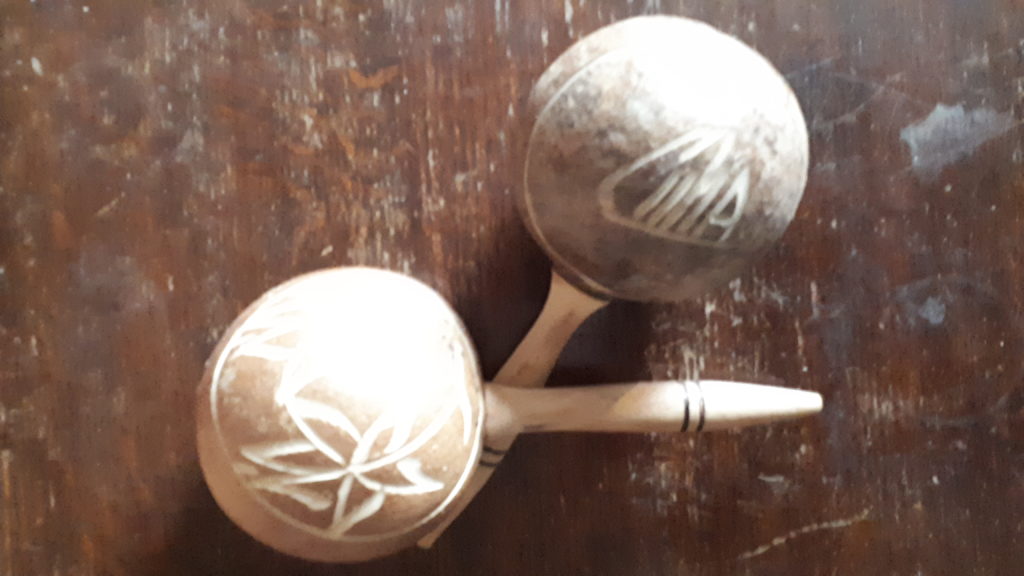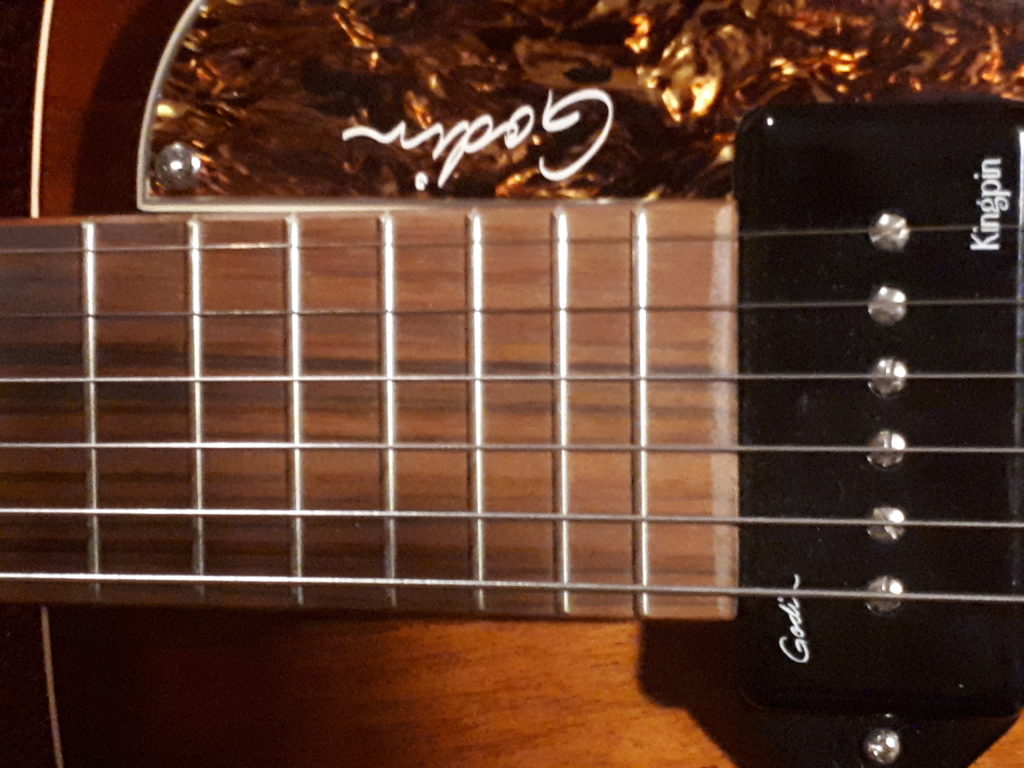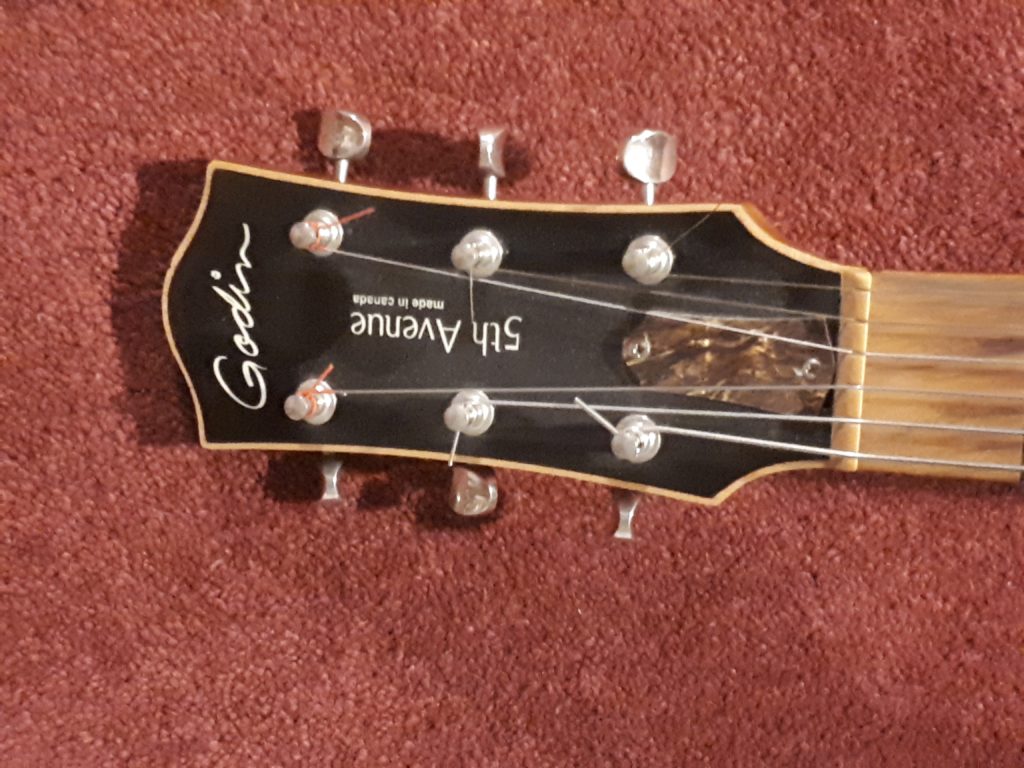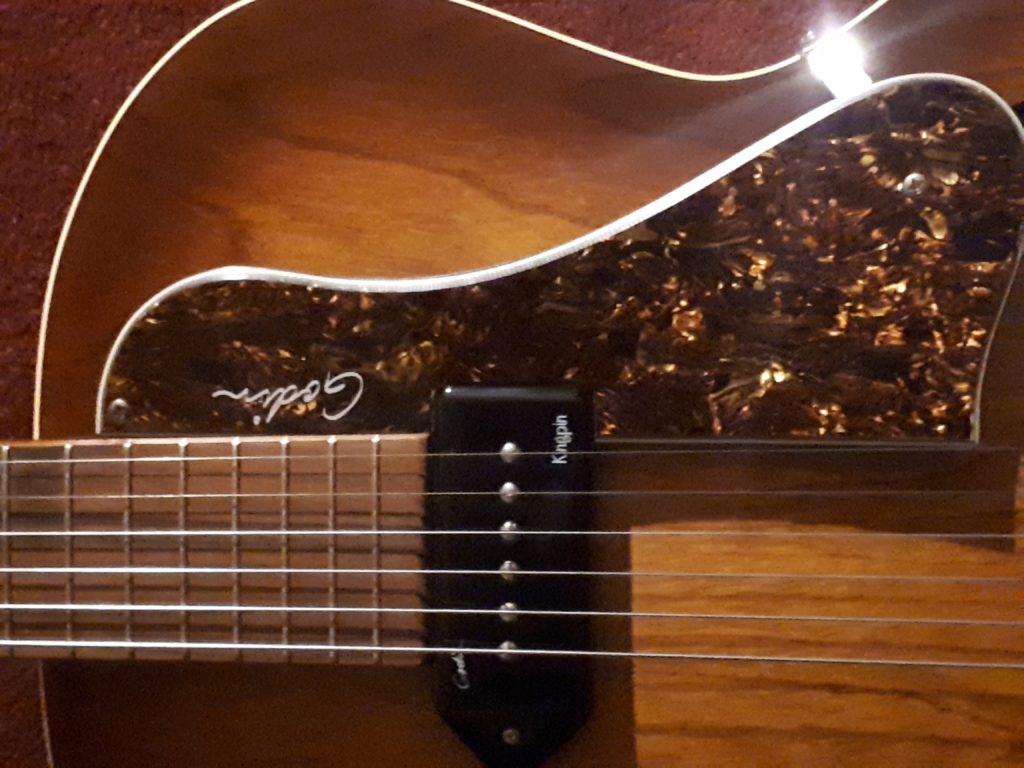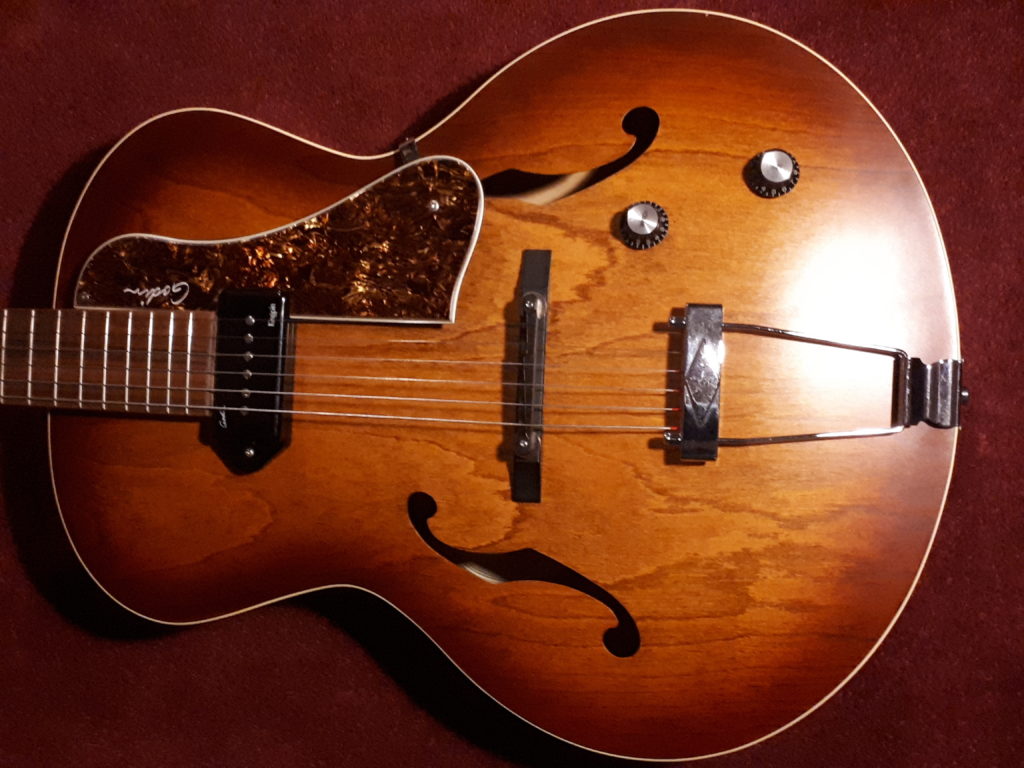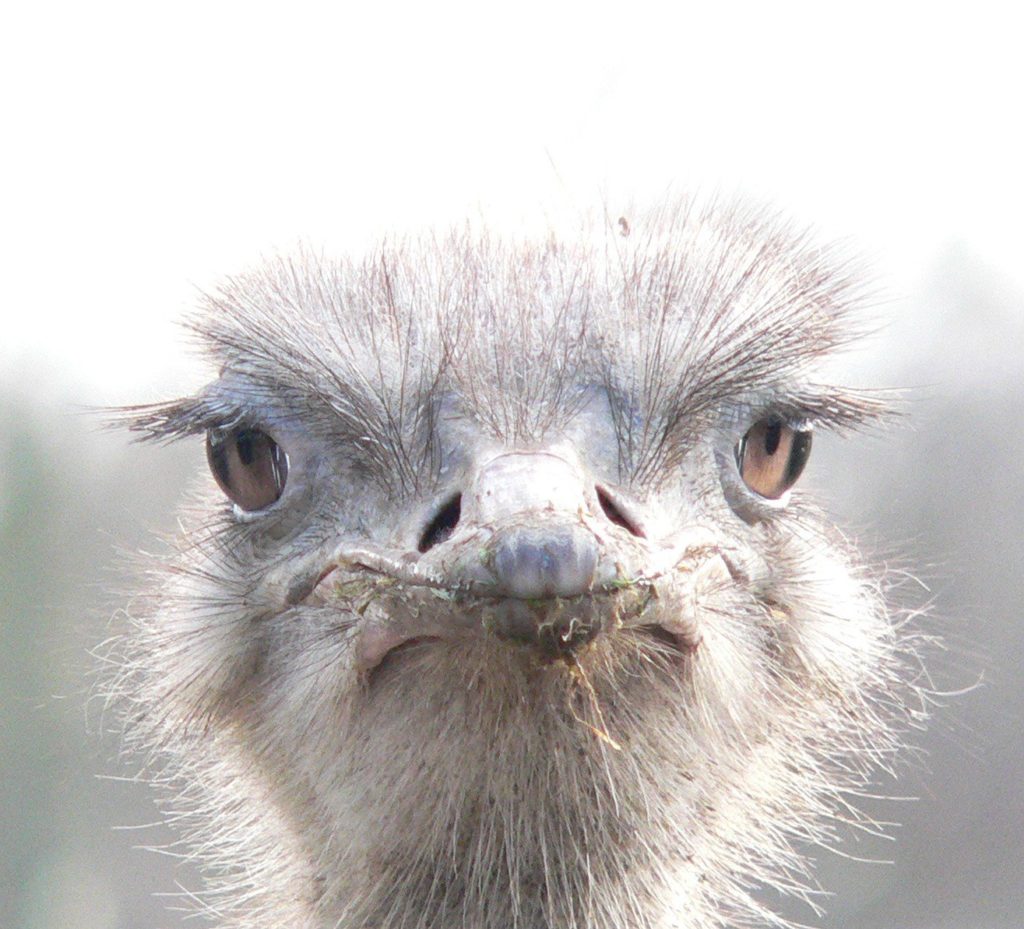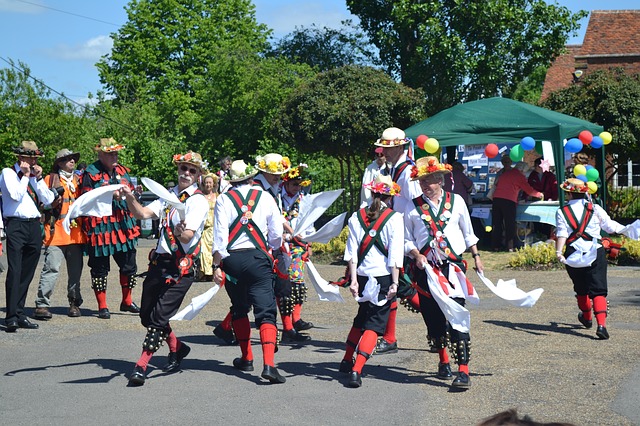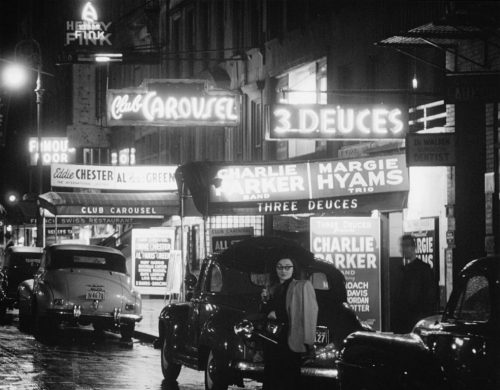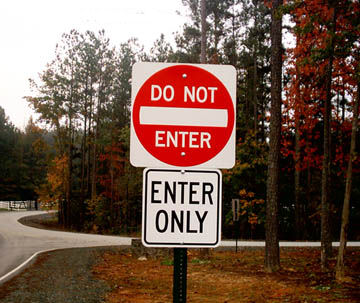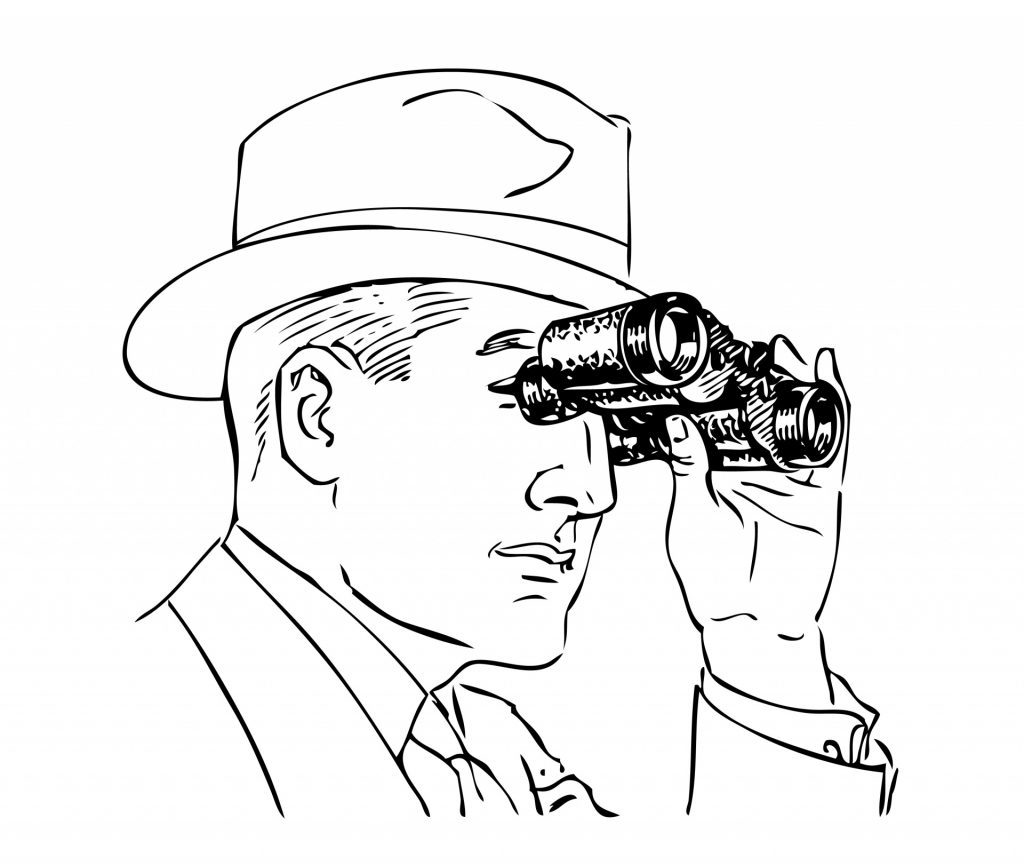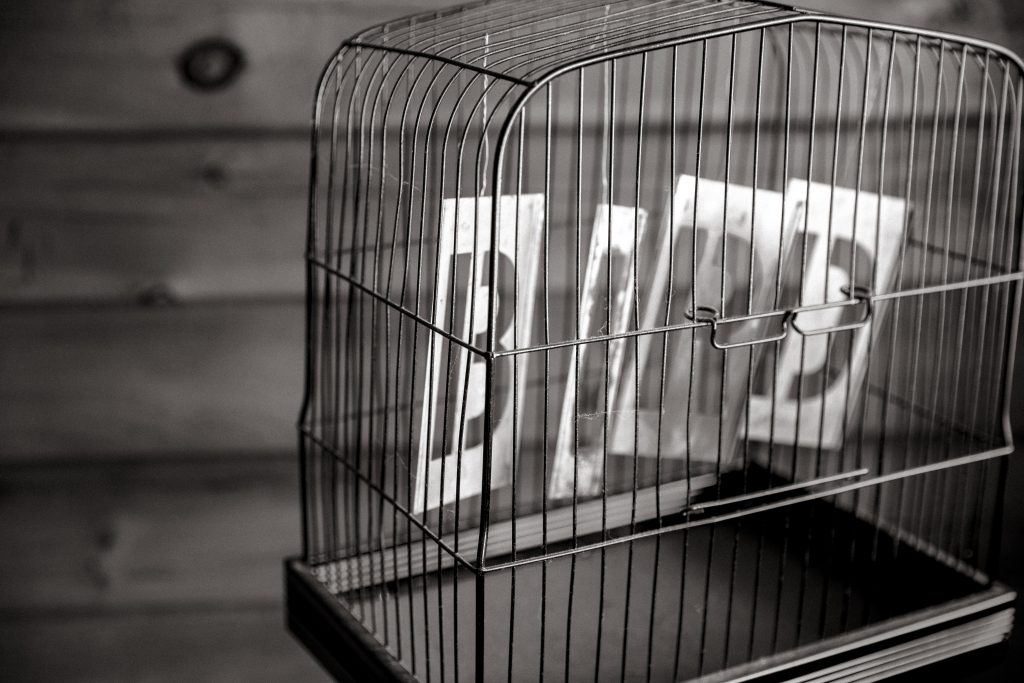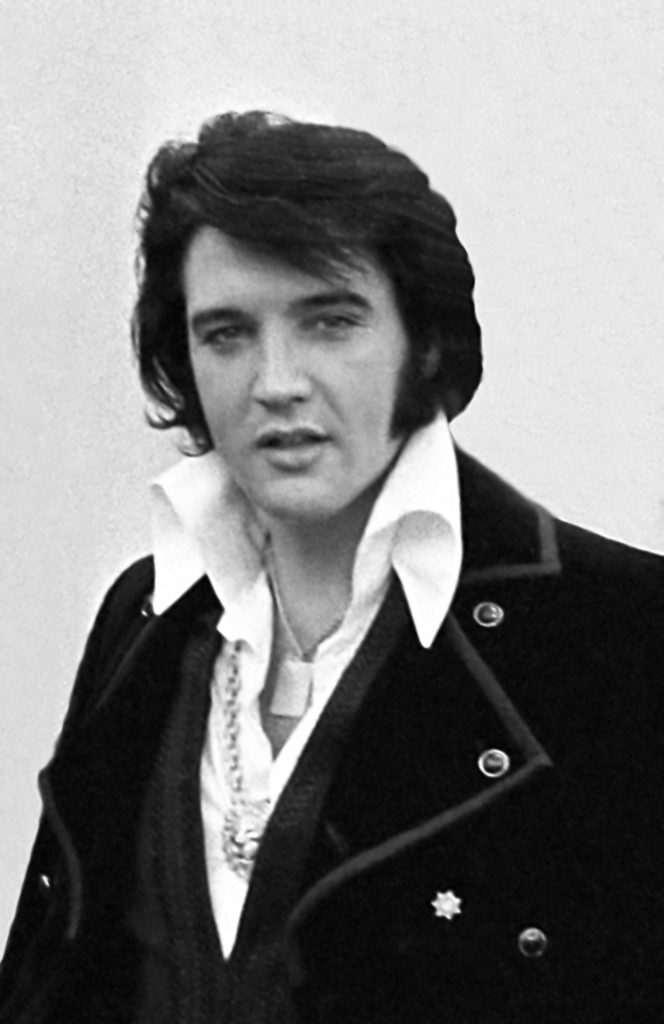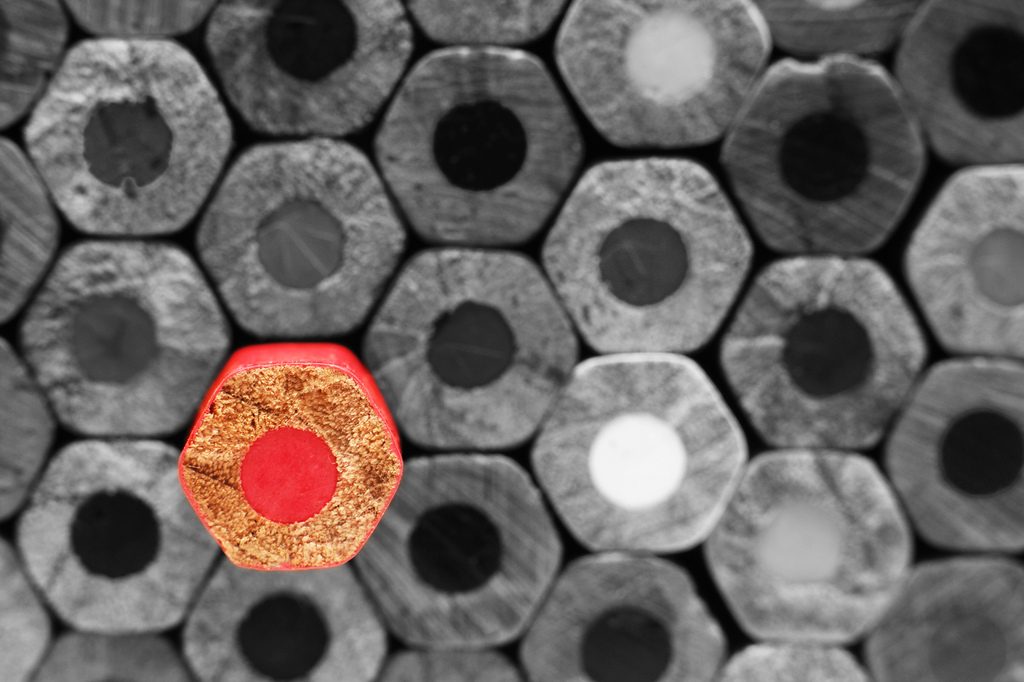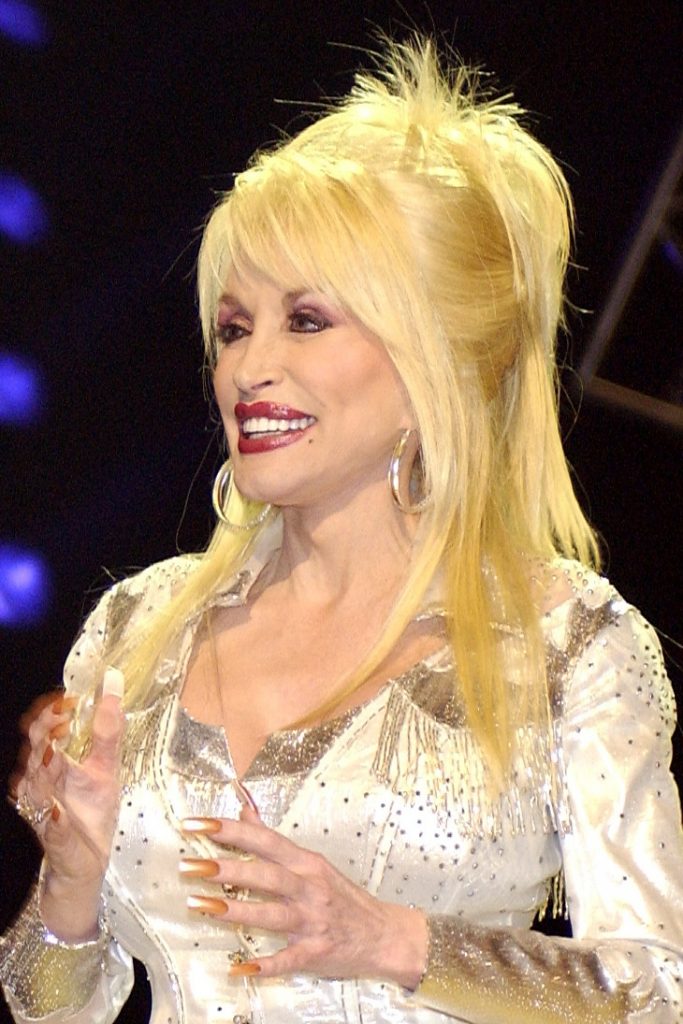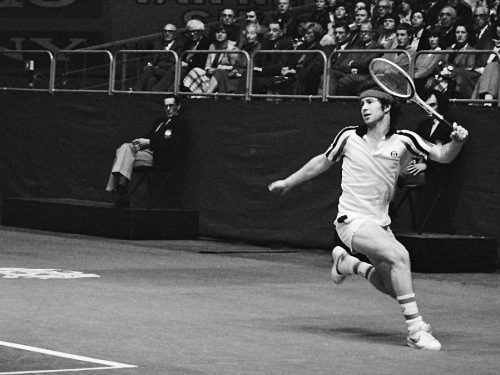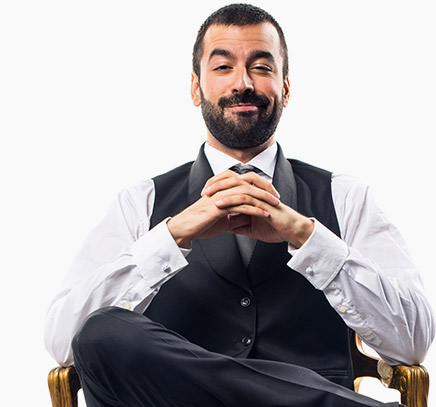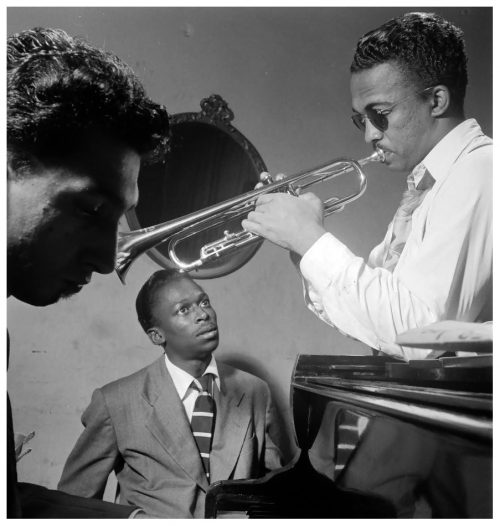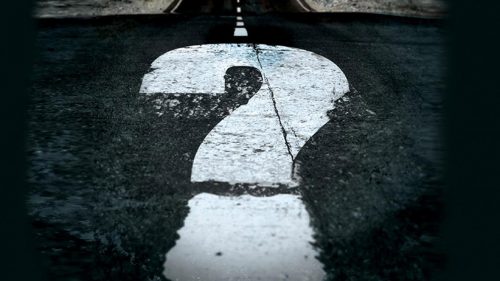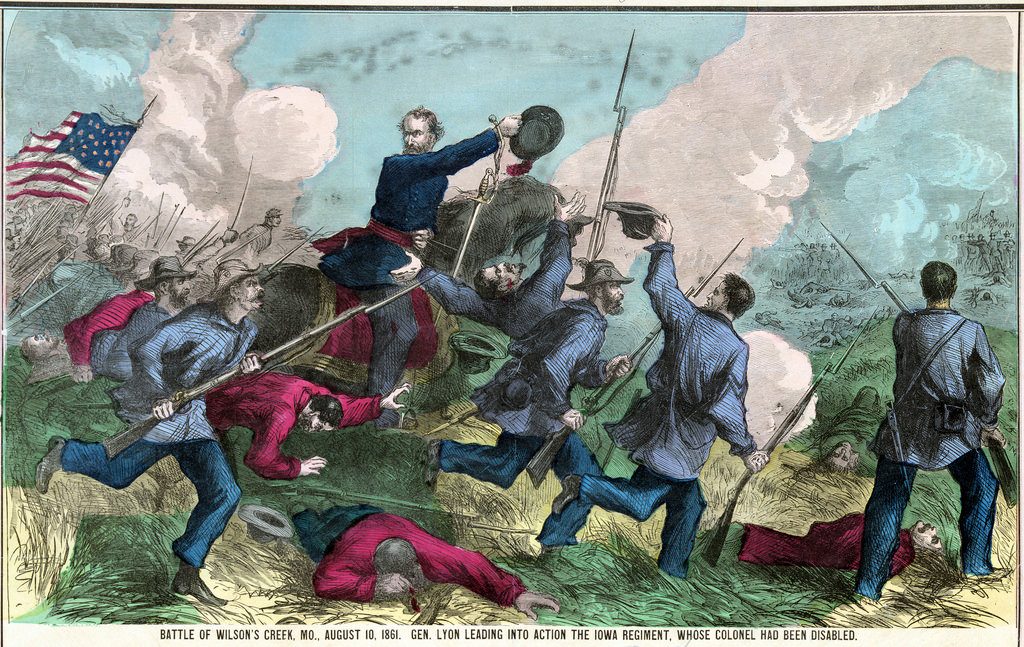- All
- Coaching
- Finding Your Voice
- Leading
- Real World Learning
The Eloquence of Silence
One of the unexpected joys of writing a book on listening is that people I meet often share their views and experiences of listening. And the part that silence plays in good listening is a frequent topic. Theodor Reik said of therapy that “The silence of the analyst works upon the patient encouragingly, and works
Leadership Euphemism Bingo
As 2019 recedes from our memories and the yawning chasm of 2020 opens up before us, it’s timely to reflect on the characteristics of the leaders we have met in the last year and begin to wonder about who we will encounter at the beginning of a new decade. Past experience suggests that much will
Learning through doing – lessons from writing my first book.
I believe that one of the things that you learn when you write a book is how to write a book; and how not to. Another thing that you learn is who you are as a writer. Finding your voice Sustained writing requires the writer to find their voice, to decide how they want to
What’s in a name?
When I tell people that I am doing a course in improvised comedy a common reaction is horror. Many say they would rather volunteer for a day in the dentist’s chair. There is some real fear around being put on the spot, performing in front of others and feeling required to be funny. So I
Ten tensions 10: authentic and flexible
10. Having a signature presence and the flexibility to be what the client needs How we are professional and authentic is one way we express our signature presence. That will be individual for each of us. But clients need different things of us and we need to flex and draw on our repertoire, including those
Ten tensions 9: professional and authentic
9. Being professional and authentic I touched on this in my introduction: as coaches, we combine what we have learnt with who we are; and what we have learnt changes who we are. Clients respond to what we show of ourselves and that helps build a relationship. And we have a role and a responsibility
Ten tensions 8: newness and wisdom
8. Having a beginner’s mind and an expert mind It seems that so much of working with all these tensions amounts to bringing all we can in service of the client at the same time as knowing that we know nothing. Curiosity and insight, openness and intuition, awe and recognition, newness and wisdom: we need
Ten tensions 7: empathetic and curious
7. Feeling empathy while remaining curious about the singular experience of the client. This is the paradox of shared humanity: I am just like you and I cannot be because we have lived different lives. So, as coaches, we must hold our empathy lightly. An integral part of the coaches’ wisdom is that they recognise
Ten tensions 6: supportive and challenging
6. Being supportive and challenging I have heard this described in many ways: coaching with backbone and heart [1], “tough love” or the “loving boot”[2]. All look to capture the positive intent in both support and challenge. Seeing support and challenge that way enables us to view them not as opposites or alternatives but as
Ten tensions 5: caring and detached
5. Showing great care for the client while remain detached Our relationship to the client’s story needs to be reflected in what we feel about them. We need to care and not care. We need to stay connected while staying resourceful. We will often be touched by a client’s issue or experience. It may sadden,
Ten tensions 4: involved and separate
4. Being with the client’s story and separate from it Following the client’s interest allows us to understand the narrative they have about themselves and the nature of the issues they bring. We need to understand and feel the client’s story. We use our technique to explore their story, we give high quality attention, ask
Ten tensions 3: client’s interest, coach’s intuition
3. Following the client’s interest and using insight and intuition to spark their awareness. The coach may manage the process but the client drives the agenda. Coaches believe that clients are the expert on their issues, that discovery and creation is more efficacious than advice, and the clients will be more committed if they generate
Learning through writing
When you start writing a book you do so because you believe that you have something to say. If it’s a professional book, you hope and believe that your experience and insight might be of interest and use to others. You might reasonably do some reading in order to draw on others’ research and commentaries.
Ten tensions 2: process and emergence
2. Attending to process while allowing issues and insights to emerge How the coach holds their authority is mirrored in how they hold themselves and their desire to achieve an outcome for the client. In pursuit of an outcome, a key role of the coach is to manage the process. At the same time, clients
The Ten Tensions of Coaching Mastery
When I trained first as an executive coach, after we had put a toe in the water of questioning skills, simple processes like the GROW model, and the principles of being non-directive and following the client’s interest, my fellow would-be coaches and I began to reflect of what we had noticed about the impact of
Where do you do your learning?
As I go about my coaching I notice that a few key practices help my learning as a coach. Reflecting on my practice is essential. I experiment with ideas that arise out of my reflection. I push my boundaries – trying ‘scary’ stuff. And I am hungry to deepen my awareness of who I am.
The Salon and the Void a.k.a. Coaching and Musical Improvisation
Freddie strutted to show that he wanted to break free. And George sang powerfully of Freedom. Both would have been proud but unlikely to pen the liberating refrain: “All hairdressers are existentialist philosophers.” This was one of the high-points of a day of musical improvisation that I immersed myself in on Friday. It was a
What do you do if your team are all the same type?
I recently had the pleasure and privilege to speak at the Cumbria Hospices Conference. The conference theme was “Make it go away: the challenge of pain.” My contribution focused on “Managing myself to help others in pain” and I explored resilience – both what serves us all and what we might need depending on our
Strictly Done Coaching. Have you got the repertoire to get to Blackpool?
Saturday evening, glass of red wine, sit back and be entertained and inspired by my favourite coaching demonstration. This Saturday, ‘Strictly’ served up the exuberant playfulness of Debbie McGee’s Charleston, the passion of Alexandra’s Tango and Aston’s searing attack on the Paso Doble to “Smells Like Teen Spirit”. In each we saw technique, self-control and
A Severe Case of Empathy
Good morning Mr Burt. Good morning Doctor. What can I do for you? Well, you see I think I might have …. because recently I’ve noticed, especially when a client is troubled that I seem to … well what I mean is that it’s …. it’s hard to discuss …. especially for a man. Please,
Listening with my eyes
I spent most of yesterday in the British Library researching for a book I am writing on listening. I finally found some good sources. (It has surprised me how hard they are to come by.) With my head full of non-verbal clues, empathy and emotional resonance, I took a break and sat down quietly for
What do you really want to say to them?
I re-read Animal Farm last week during a lazy few days in the Lake District and enjoyed the elegance, economy and perceptiveness of Orwell’s writing and thinking. In these post-truth days of alternative facts, polarised politics and inflammatory rhetoric, Animal Farm could not be more relevant or prescient. It seems that truth is often thickly
Mindfulness with POW!
The words “vegan mindfulness retreat” sent a chill through my heart: summoning images of cold, Spartan cells, raw tofu and severe gurus. I owned up to this to my host and guide, Sally-Anne Airey of Alps Retreats when I spent five fabulous days in the French Alps recently, adding that I had found the experience
Listening beyond the words
“We’re walking down the road, just chatting away and we go past this flower stall, and she slows down and looks at me and says “you don’t buy me flowers”. So I say – all positive like – “I’ll get you some flowers” and I turn towards the flower stall and she says, “I don’t
A Moody Evening with Ms O’Sullivan
I went with good friends on Saturday night to see Camille O’Sullivan at the Union Chapel. It was that rare gig where a song brings a tear to the eye and another sends a shiver up the spine. Camille has a prodigious range: from torch song to classic Bowie; from sparse and quirky to elegiac.
Innovation with bells on
I was at the Blackheath Halls on Saturday night to see The Demon Barbers. The DBs are electric folk with an appetite for pushing the limits of the genre. So I was not too surprised to bump into traditional Morris Dancers as we went into the hall: all red tunics, bells and a hey-nonny-no. But
A Coach’s Learning
As I work on this in my study, I can see three men taking down some 60 foot Leylandii in a neighbour’s garden. They are working with great skill, organisation and care. A good thing really: one is operating a chain-saw while hanging by a rope and the others are making sure they are in
Coaching Ugly
I have just been re-reading Brad Gilbert’s book, “Winning Ugly” (the second best book I know on tennis performance*). He talks about setting your mental compass for a match by clearly answering two questions…
What jazz teaches us about coaching
At the Club Inegales recently, down in a basement on North Gower Street, I found myself watching members of the house band, Notes Inegales, during their joint set with their guests…
Contradictions of Coaching
One of the questions about coaching that continues to fascinate me is “what is excellent coaching?” I have written elsewhere on the route to coaching mastery.* But what do great coaches actually do?
Scouting for Coaches
“What do you do to get into the ‘zone’?” asked my friend and colleague Mark when we worked together last week. We were delivering workshops to an exec MBA group on Executive Presence.
From Hank to Hendrix: leadership lessons from the godfather of grunge.
Last Saturday I spent 3 glorious hours in the company of Neil Young at the O2. The man is 70 and, supported by band members who looked well short of half his age…
Coaching the caged bird to sing
Last week I was enjoying delivering a leadership workshop with my great colleague, Andrea when I was reminded of one of the many wonderful phrases crafted by Maya Angelou…
A challenging conversation with Elvis
Thursday – delivering a workshop on managing challenging conversations with a colleague for a corporate client.
Coaching with a difference
Once a month I relax completely as Sue pounds my back to draw out some of the tensions and contortions put there by tennis and life in general. As I relax, despite the pain, we talk freely about what we’re doing and what’s going on in the world.
Coaching with Dolly
I was flicking through the sleeve notes for Dolly Parton’s latest album (in the passenger seat) on a long drive to York recently when I was reminded of a recent conversation with a new coaching client.
You cannot be serious
Yesterday I attended Carole Pemberton’s excellent coaching masterclass on resilience and, a few weeks ago, the launch of a new book curated by Liz Hall on Coaching in Times of Crisis and Transformation.
Coaching: a curious conversation
I read an interesting article today in the July edition of the Association for Coaching’s magazine. The editor interviews Aboodi Shabi and draws out his views on whether coaches should get involved in the big issues of the day.
Grounded optimism, pragmatic pessimism
I read a blog-post today extolling the power of adopting a positive attitude and I felt my hackles beginning to rise. That simple switch seems to be the panacea for all ills, no matter how challenging.
Cloistered calmness
Wandering in the cloisters of the Mosterio dos Jeronimos in Lisbon trying (with difficultly) to ‘channel my inner monk’, I notice how much the architect, builders and funders of this magnificent building invested in creating a place of calm.
Learning from my children
My partner and I have the pleasure this week of two of my adult children returning from university for the Easter break (the eldest had a better offer: three weeks in Shanghai). So the house is a hive of essay and play writing…
Smile or Die
I stopped off in Waterstone’s at Charing Cross yesterday to find a book recommended on Aboodi Shabi’s stimulating website. It’s an angry and insightful book called ‘Smile or Die’ about how positive thinking has marginalised critical thinking.
Top teams are different
If you work with teams on their effectiveness and performance then there are some standard tools in your tool box.
The Wandering Coach
There’s something about walking alongside a tumbling winter river, listening to Stairway to Heaven, that brings a smile to my face.
Blog like an artist
I went to see the Late Turner exhibition at the Tate Britain last week. Remarkable work. It covers the period from when Turner was 60.
So coach, how do you feed yourself?
At my first session with my new coach – Abbodi Shabi – he asked: “So Stephen, how do you feed yourself?
Can leaders play the blues?
“The most important thing I look for in a musician is the quality of his listening.” Duke Ellington Each time I start to coach a new client I am fascinated to find out who they are. I know that the ‘self’ they show will be part, but by no means all, of who they are.
Space – the final frontier
On Tuesday evening I went to a preview of Martin Firrell’s new installation in The Vaults underneath Waterloo Station. It’s called “It ends here” and it’s inspired by the Planet of the Apes and explores human nature and the possibility of peaceful co-existance with those who are different to us.
What do you do if they cry?
I had the pleasure this week of working with a group of bright, young tech consultants on developing their coaching skills and practice. They impressed me with their openness, their appetite for learning and the way they wrestled with the practicalities and tensions of integrating coaching into their practice as leaders and consultants.
Who are the least creative professionals?
Who are the least creative professionals – actuaries, air-traffic controllers, civil servants? I don’t know about the first two (and perhaps I am happy for them to play safe) but I am re-evaluating my prejudices about the third.
There’s only one coaching question
When I heard Sir John Whitmore make this assertion a few years ago I was taken aback. It’s a nice, pithy line but surely coaching is more complex, more subtle than that.
Leadership is not a transferable skill
Why does my heart sink when I hear that Sir Stuart Rose of M & S has been appointed to advise the NHS? It’s because I suspect his expertise won’t be directly transferable.



